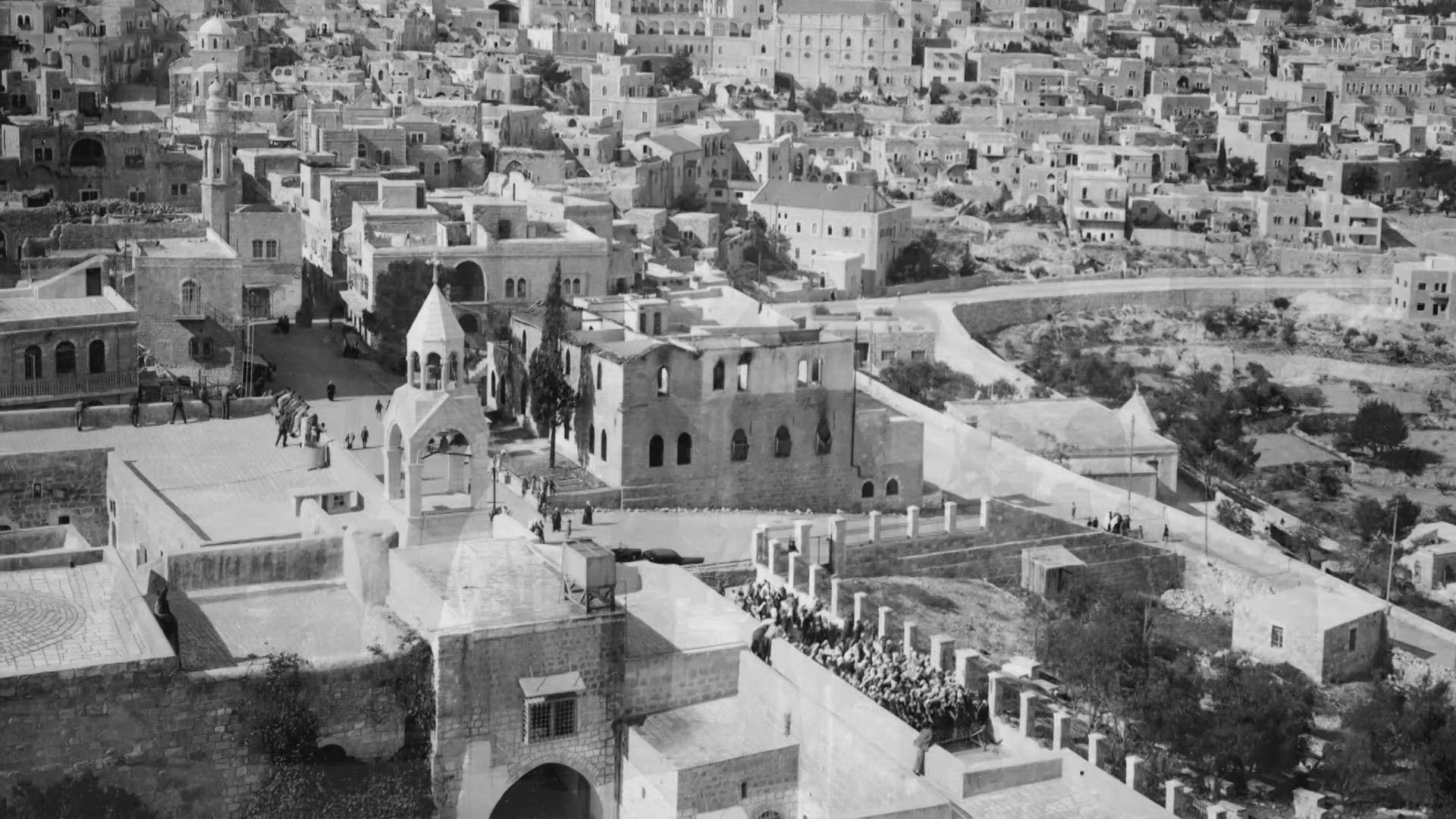GAZA CITY, Gaza Strip — The Israel-Palestinian conflict has a long and complex history.
History that far predates this current war between Israel and Hamas. There has been turmoil over the land area in the Middle East for over 150 years.
Starting in the 19th Century, the Zionist movement began in Europe, sparking the idea of creating a Jewish national home.
Dr. Nova Robinson is an associate professor of History and International Studies at Seattle University.
“When we think about the conflict, we often think about it as happening in the eastern Mediterranean, but instead the origins of the conflict are much more global,” Robinson said.

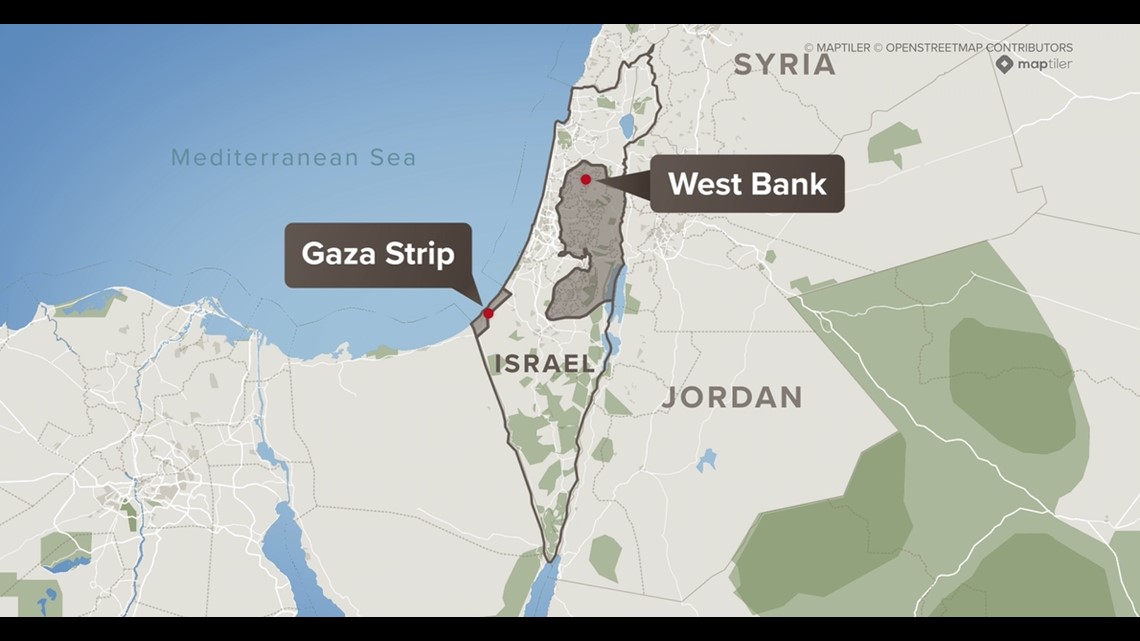
Post-World War I
After World War I, when the Ottoman Empire was defeated, the British took control of the area known as Palestine and promised to establish a Jewish national homeland there.
"Since the creation of the nation-state of Israel, there has been a corresponding competition of who gets to claim the historical roots in the region," Robinson said.
In the 1930s, tension grew between the Zionists and Palestinians, who were mostly Arabian. As many more Zionists continued to immigrate toward the end of the 1930s, Palestinians grew increasingly threatened as, at the time, their connection to agricultural labor on that land was their primary means of survival.

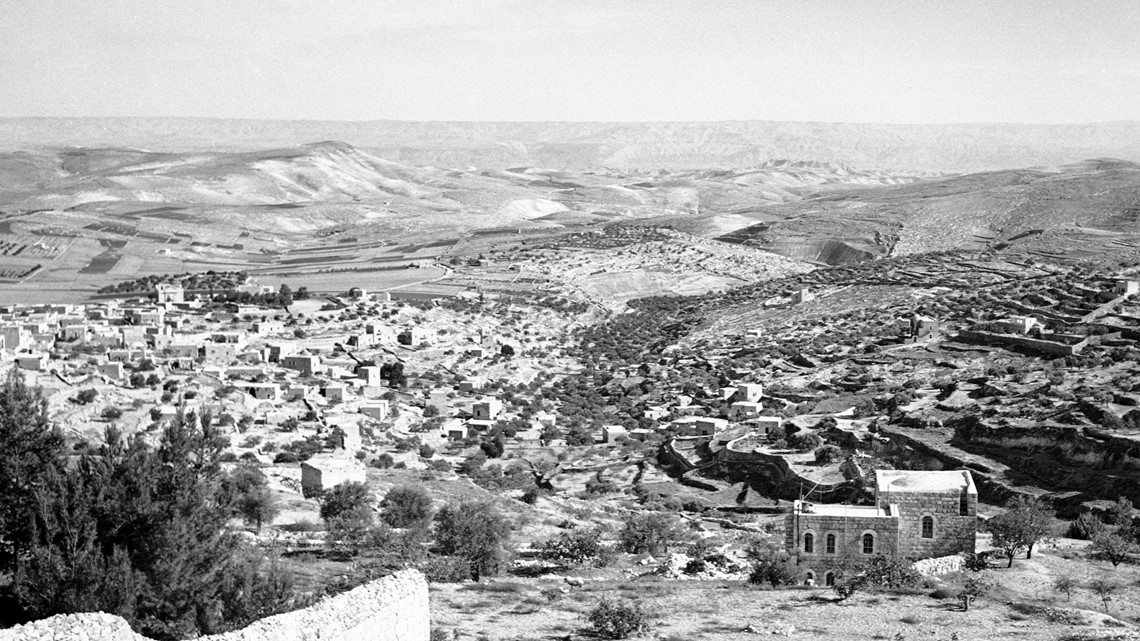
Then in 1939, Britain issued a cap on Jewish immigration to Palestine at the very moment Jews in Europe needed to find refuge.
"When we think about the Arab-Israeli conflict, it is crucial to identify the role of external factors and external political players in shaping the nature and trajectory of the conflict, and a lot of the blame for the conflict should be placed at the feet of the British Empire and their imperial policies," Robinson said.
Post-World War II
After World War II, the Zionist movement really gained traction.
The Zionist movement is Jewish nationalism. It is an extension of the nation-state movement that took place in the 1800s.
“In 1947, the newly formed United Nations takes up the issue of what to do in Palestine," Robinson said. "The British have signaled they are not interested in maintaining their control over this territory. In large part because of how difficult it is to manage the competing national movements.”
The UN’s Partition Plan was poorly received by both Palestinians and Jews.
Britain leaves, war begins
In 1948, Britain left and the state of Israel was formed. The Arab-Israeli War began immediately. It was a pivotal year and both sides remember it very differently.
"The Zionists call this war, or the Israelis call this war, a war of national independence. The Palestinians call this war the 'nakba' or the catastrophe," Robinson said. "Historians call it the first Arab-Israeli war, indicating that this is the first of several wars between Arab states and Israel."
Israel would come out ahead and take possession of nearly all the territory. The West Bank, East Jerusalem and Gaza Strip would stay controlled by Arabs.
“1948 reshapes the borders of the region in ways that we are still living with the legacies of,” Robinson said.
Oslo Accords in the 1990s
In more recent decades, fighting has continued.
There have also been numerous peace attempts in the region including the Oslo Accords in 1993, which meant to lay the groundwork to establish a Palestinian State alongside Israel.
That failed, in large part, because of a power imbalance.
The Palestinians didn’t have a legitimate government but were represented by the Palestinian Liberation Organization.
“So, we have an organization that is not entirely representative of the Palestinian people negotiating peace with a nation-state.”
The Palestinian Authority was then established. Its intention was to set up self-rule in the Palestinian territories, but Israel remained in control of water, electricity and other utilities.

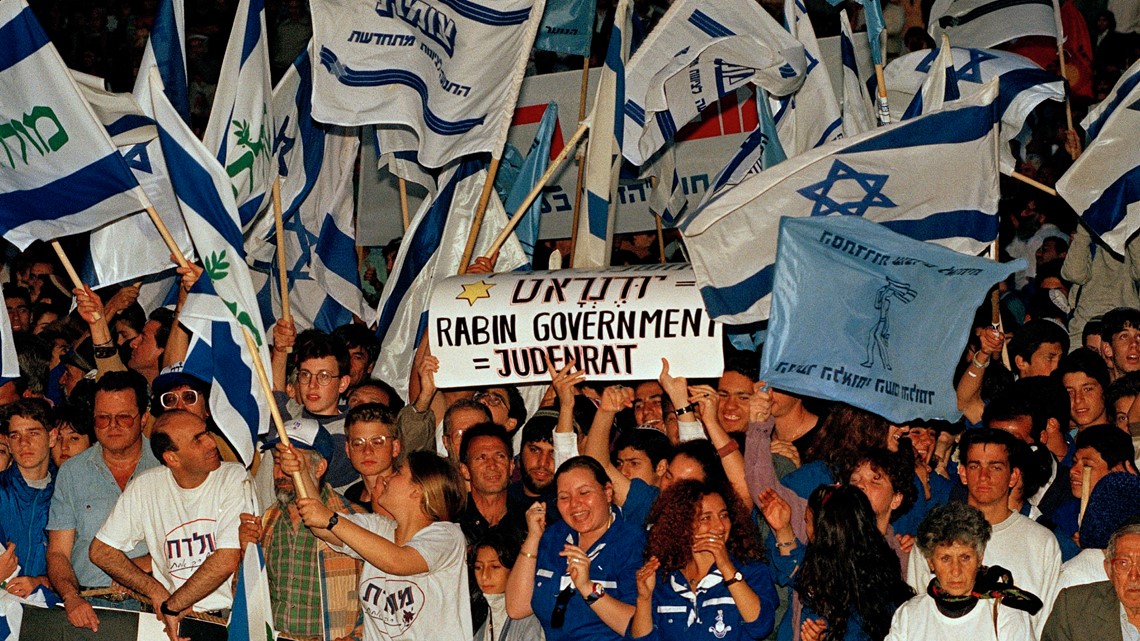
Rise of Hamas
Until the 1980s, most Palestinian resistance was predominantly secular in orientation and was in fact, very leftist.
Hamas was started in 1987. It took over the Gaza Strip in 2006 after Israel withdrew troops from the territory.
Hamas is considered a terrorist group by the United States, the United Kingdom and the European Union.

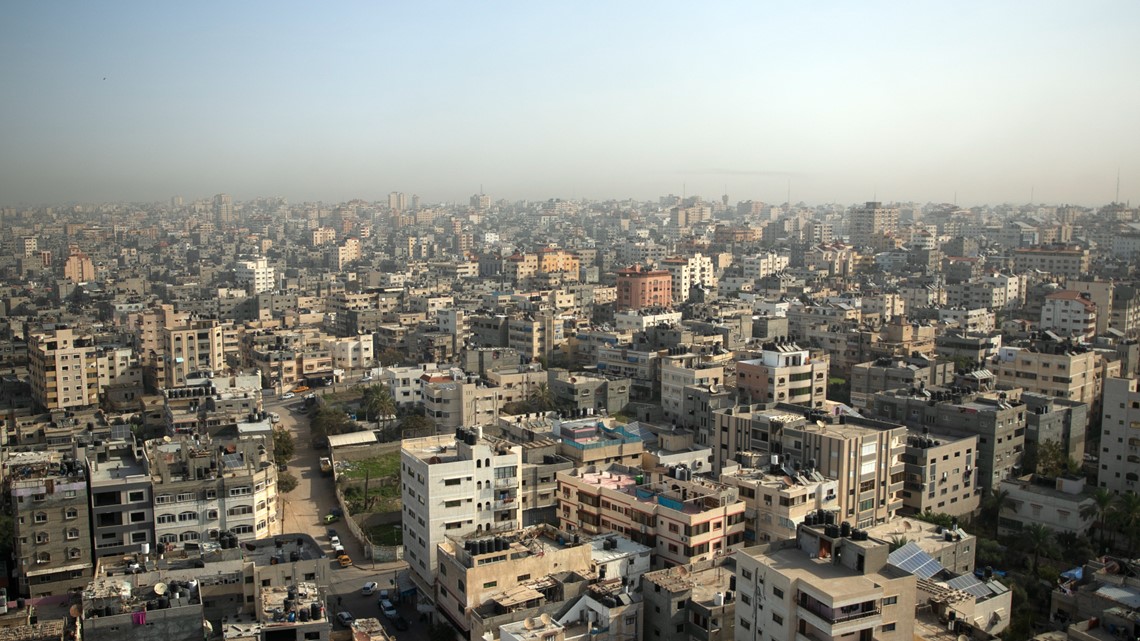
Current conflict
The newest conflict started after an unprovoked and deadly attack by Hamas on Israeli citizens on Oct. 7.
Israel has retaliated with a severe response toward Gaza.
“I think the only way of understanding the conflict in the way it’s unfolding today is to recognize the way in which both the Palestinian communities in the region and globally and the Jewish community in Israel and the Jewish diaspora are shaped by intergenerational trauma," Robinson said.
"The Palestinians, that trauma of displacement in 1948 and the subsequent impoverishment of their communities under Israeli occupation. And for the Jewish community the atrocities of the holocaust and the way that trauma continues to reverberate in the nation-state of Israel," Robinson added.

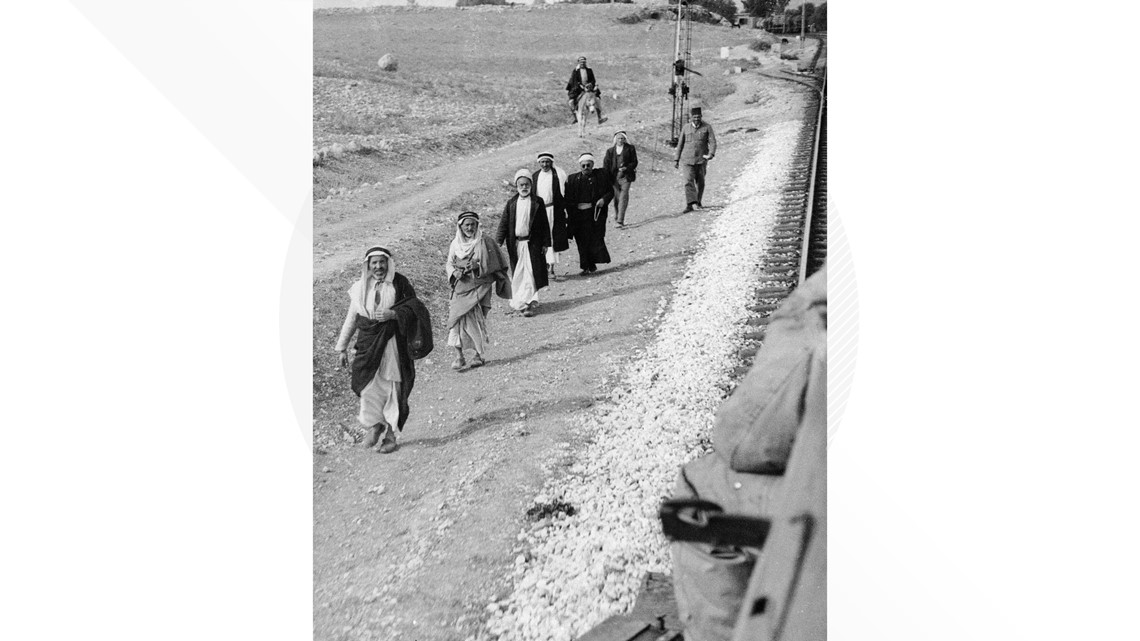
This is not the first war between Hamas and Israel, there have been at least four others since 2006.
Israel has maintained its fight is not against Palestinians, but rather against Hamas, whose main objective is the military destruction of Israel.
The U.N. alleges war crimes have happened on both sides.

